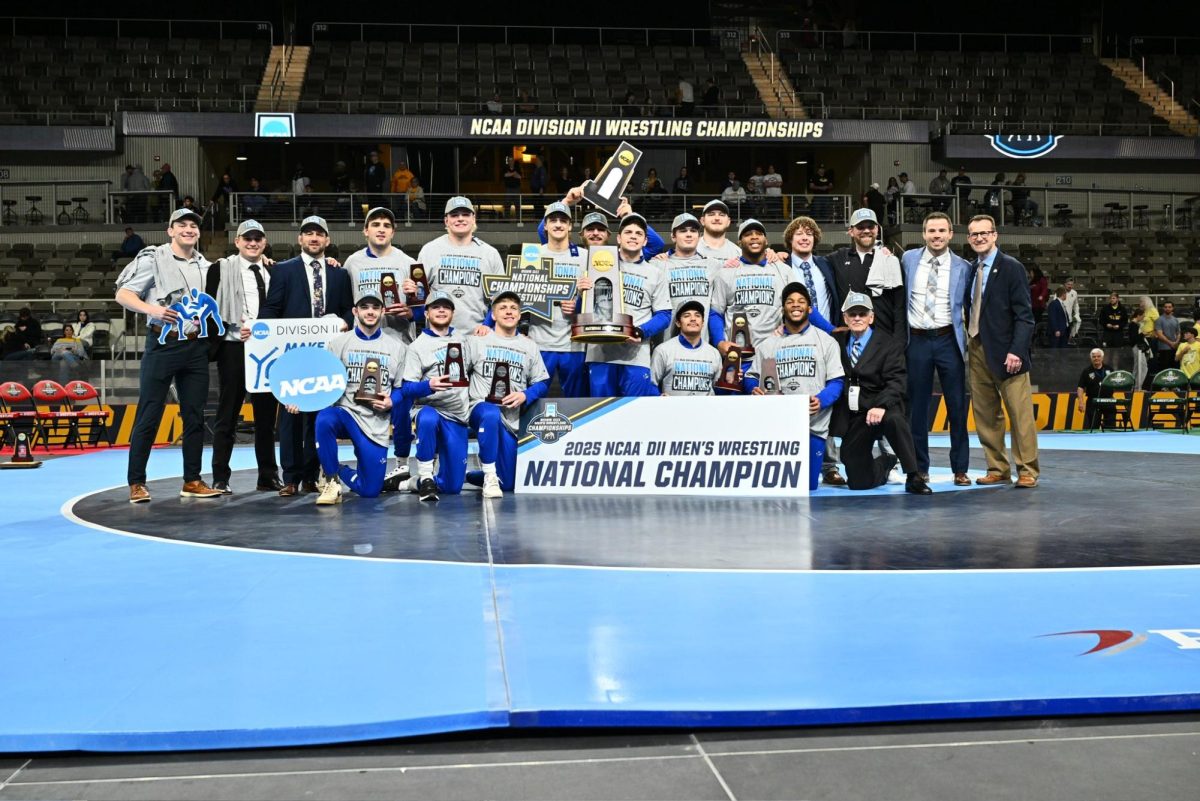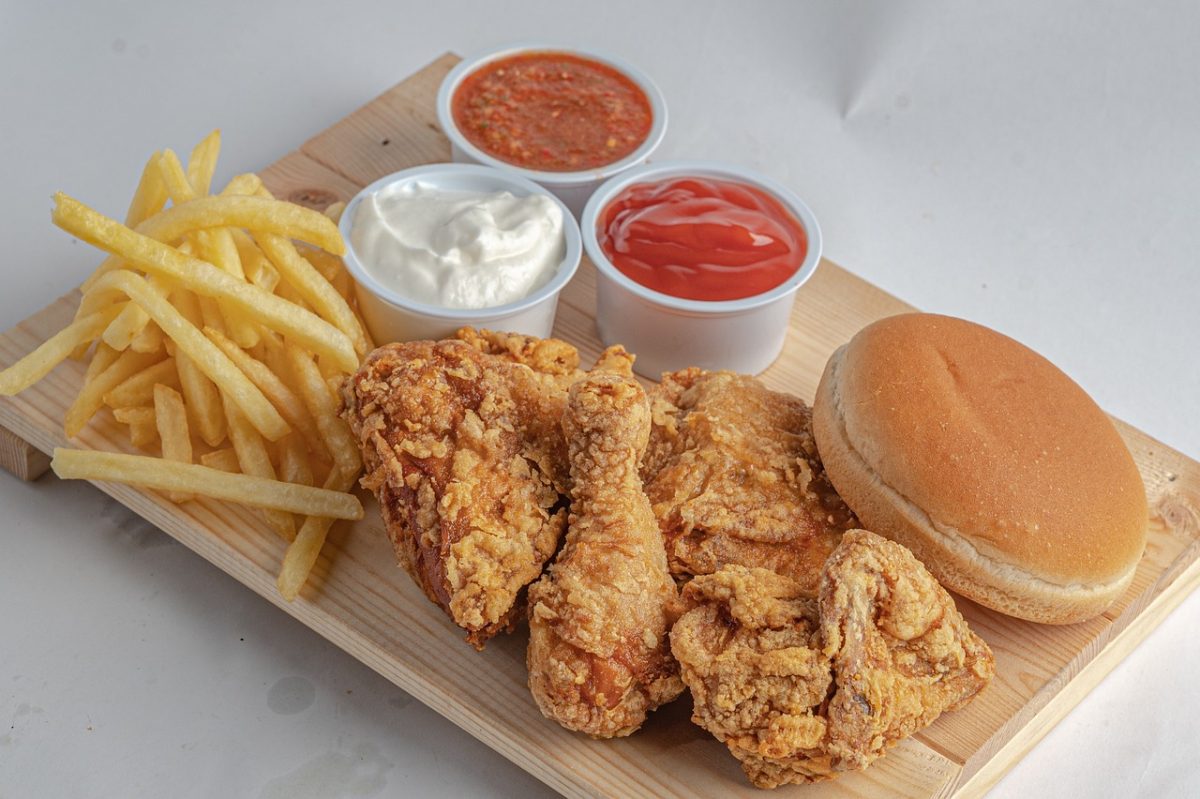delgadosandovals@lopers.unk.edu
I have been working at Chick-fil-A for a year and a half now. Just like anyone else working at another fast-food restaurant, I have had an experience that has truly tested my limits. The job may seem simple on the surface – taking orders, preparing food, keeping the place clean – but in reality, it is a high-stress, high-demand environment that can quickly wear a person down. It is a job that has worn me out to the core.
One of the biggest challenges of working in fast food is the sheer physical toll it takes on the body. I have spent entire shifts on my feet, often running back and forth between stations with no time for rest. I can still remember the burning sensation in my legs after standing for eight or more hours, the aching in my back from constantly bending over the fryer or register and the soreness in my arms from lifting heavy boxes of supplies. Breaks are few and far between, and even when they do come, they feel far too short to provide any real relief. By the time I got home after a shift, all I wanted to do was collapse into bed, only to wake up and do it all over again the next day.
Then there’s the mental exhaustion. The pace of work at a fast-food restaurant is relentless. Orders come in one after another, and the expectation is that every meal will be prepared quickly and accurately. There’s no room for mistakes. A single wrong order can lead to a domino effect – angry customers, delays in service or an uncomfortable situation. The constant pressure to keep up and avoid mistakes creates a mental strain that is difficult to shake, even after leaving work. I would often find myself replaying the day’s stressful moments in my head, dreading the next shift before it even began.
The psychological burden of working in fast food is perhaps the hardest part to endure. Dealing with difficult customers is a daily reality, and some of them seem to forget that the person behind the counter is human. I’ve been yelled at, made fun of, insulted and even blamed for things entirely out of my control. Customers often take their frustrations out on fast-food workers, whether it is because their food took too long, an item was out of stock or they simply had a bad day. No matter how polite or professional I tried to be, there was always someone ready to belittle or berate me. The worst part? I had to smile through it all, because “the customer is always right.”
There’s little empathy for how hard one works or how exhausted one is. Even among coworkers, the stress of the job can create tension. With everyone under pressure, tempers flare easily, and teamwork sometimes gives way to frustration and blame. There were moments when I felt completely isolated, even when surrounded by other employees who were just as drained as I was.
Perhaps the most frustrating part is the way people outside of fast food look down on those who work in it. There’s a stigma that fast-food jobs are “easy” or only meant for young people who need pocket money. The job requires skills like multitasking, customer service, problem-solving and endurance – skills that are undervalued simply because of where they are applied.
Working at any fast-food restaurant is more than just physically exhausting – it has taken a toll on my mind and spirit, too. It’s a job that teaches resilience but at a cost. The long hours, demanding customers and lack of appreciation make it one of the toughest industries to work in. I respect anyone who has done it and made it through because I know firsthand just how difficult it truly is.
































